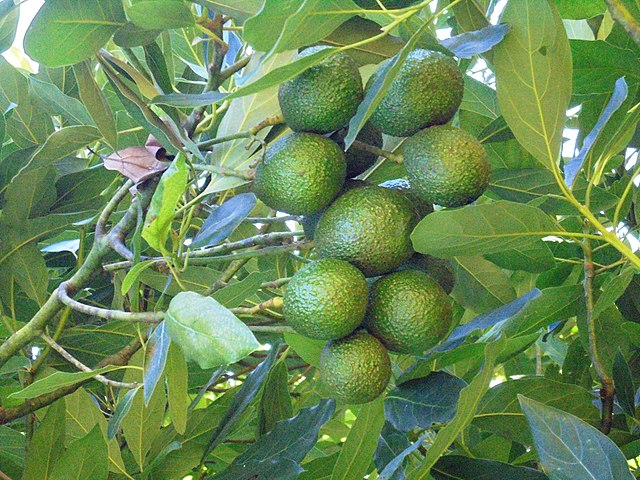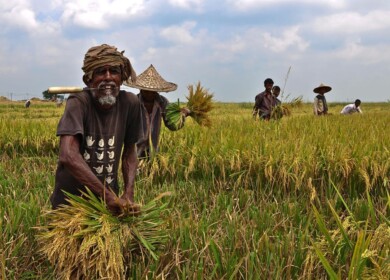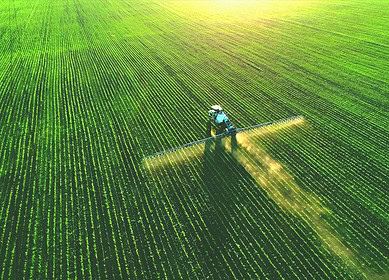Burundi’s avocado farmers gain ground in global markets

Burundi, a small, landlocked country in East Africa, is home to 13 million people, most of whom rely on agriculture for their livelihoods. With a per capita income of just $199 in 2023, the country ranks among the poorest globally. Traditionally dependent on coffee and tea exports, Burundi is now looking to diversify its agricultural economy, with avocados emerging as a new hope for smallholder farmers.
In Kayanza province, avocado farmers have seen a significant rise in their earnings, going from just 10 cents per kilogram to 70 cents, thanks to the efforts of cooperatives like Green Gold Burundi. These cooperatives represent 200,000 farmers and act as intermediaries to ensure fair pricing and direct payments, cutting out middlemen.
Under new regulations, foreign buyers must register with local authorities, submit export contracts, and adhere to pricing agreements set by cooperatives. The government also plans to plant 50,000 avocado trees in each of Burundi’s 17 provinces, promoting the commercially successful Hass variety, favored by European markets.
While farmers are seeing increased income, the price they receive is still far below international market rates, where avocados fetch between $3 and $5 per kilogram. However, cooperatives are working to close this gap by distributing millions of avocado seedlings and providing resources like organic manure to improve yields.
Eric Nsabimana, a farmer in Kayanza, has expanded his operations, planting 500 trees across five hectares. He expects to earn more than $6,000 annually from avocados. Nsabimana’s story is echoed by many farmers who now see avocados as a reliable source of income, driven by growing global demand and cooperative support.
Burundi aims to export over 10 million tonnes of avocados annually by 2030, positioning the fruit as a major contributor to the country’s foreign exchange earnings. With improved regulations and cooperative initiatives, the avocado trade is emerging as a promising alternative to the country’s traditional agricultural exports.
Enjoyed this story?
Every Monday, our subscribers get their hands on a digest of the most trending agriculture news. You can join them too!














Discussion0 comments